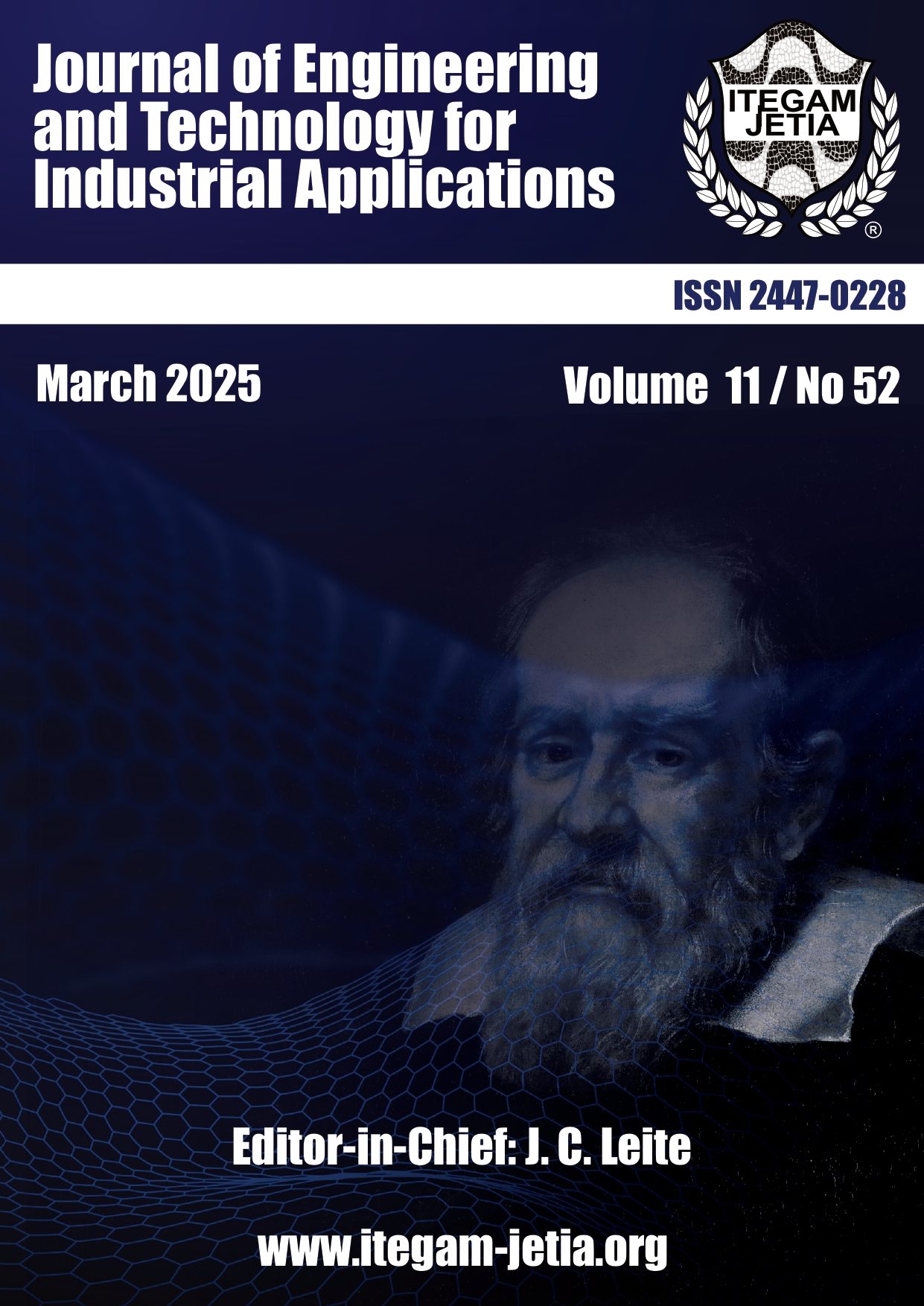Modelling corona discharge threshold in composite dielectric properties of eggshell composite insulators: A VOLTAGE-BASED STUDY
Abstract
Corona and flashover threshold voltages are affected by the characteristics of insulator materials, such as chemical composition and thickness, as well as environmental conditions, including humidity and temperature. Eggshell powder is produced from the impact of crushed eggshells; this powder will be used as a substitute and filler (cement) used in the pavement mixture on solid insulators. This study aims to understand the difference in the response of flashover and corona phenomena to increased voltage in composite insulators. Flashovers tend to occur at low voltages and decrease drastically at high voltages, while coronas rarely appear at low voltages but increase and stabilize at high voltages. Flashovers are rare at voltages over 20 kV, but corona is still possible. This suggests that the design of insulators or conductors for high voltages needs to pay attention to the corona effect which can lead to material degradation over time, while the risk of flashover is lower. In this study, the voltage threshold for the emergence of corona is about 20 kV, where the electric field is strong enough to trigger an electrical discharge around the conductor. After crossing this limit, the corona remains at high voltage. Therefore, the design of the material or insulator must consider the constant presence of corona at high voltages to prevent material damage due to the discharge of electrical energy around the conductor.
Downloads
Copyright (c) 2025 ITEGAM-JETIA

This work is licensed under a Creative Commons Attribution 4.0 International License.











